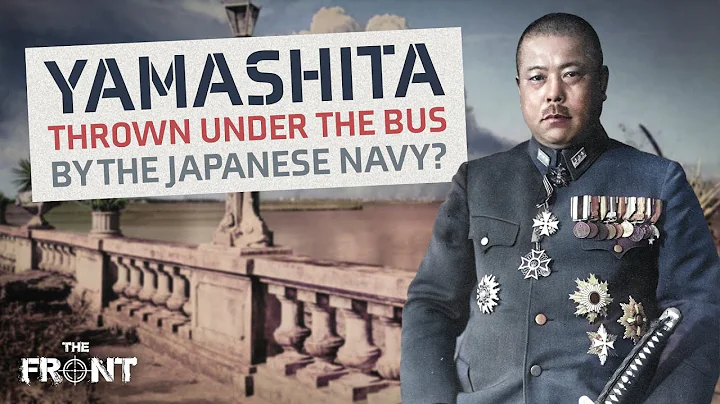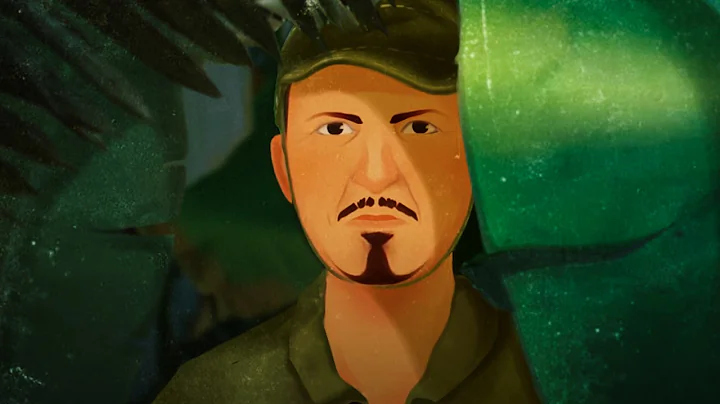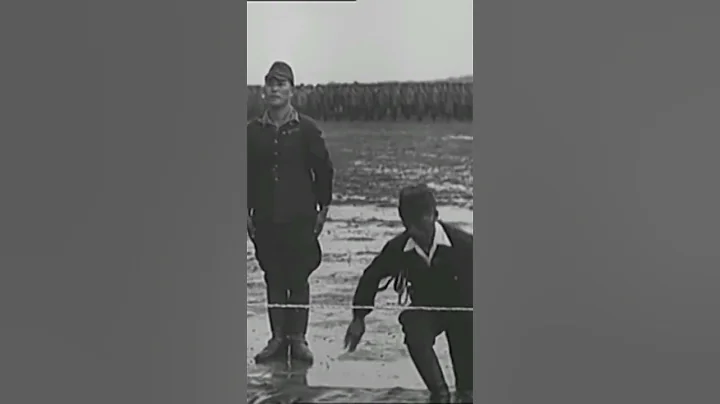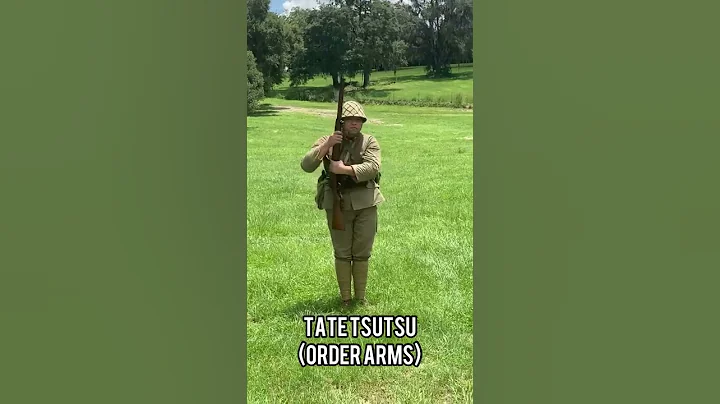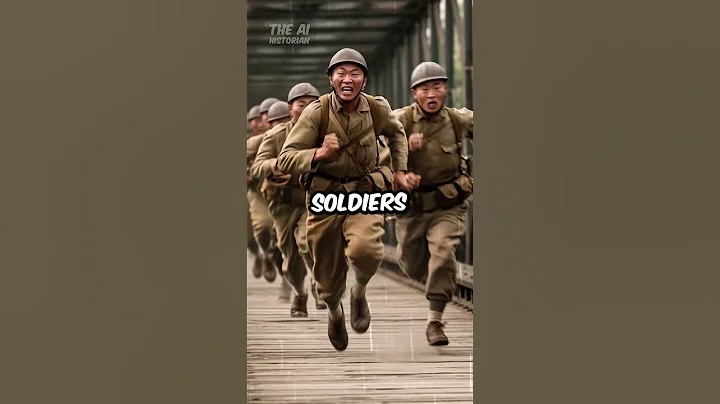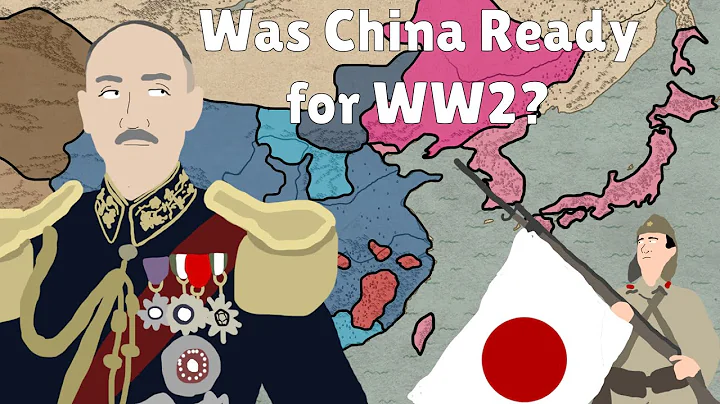Deng Chaogui, former chief prosecutor of the Wenjiang District Procuratorate in Sichuan and deputy director of the regional public transportation department. During the Anti-Japanese War, Deng Chaogui was the commander of the 5th Company of the 36th Regiment of the Temporary 1st Division of the Shanxi New Army. He repeatedly made military exploits in the fight against the Japanese invaders and was wounded eight times and had two ribs disabled. At the Fourth Heroes Conference of the Shanxi-Suiyuan Border Region held in December 1944, Deng Chaogui was awarded the "First Place in the Special Class of Combat Heroes" by the Administrative Office and the Military Region.

Deng Chaogui
Deng Chaogui was born in 1913 in Guangyuan County, Sichuan Province. When he was young, he herded sheep and worked as a child laborer. In 1933, he joined the Red Army in his hometown and joined the party. He once served as division commander and platoon leader. During the fifth anti-encirclement and suppression campaign, he rushed to the battlefield despite being ill, and his bravery was still as good as usual. He later joined the "plainclothes team" and specialized in chewing hard "bones." Tubaozhai is a dangerous pass for the enemy to cross the grassland. The defender blocked the road with intensive firepower from a high position. With superhuman bravery, he entered the village alone and threw grenades to the enemy group one after another, guiding the follow-up troops to open the gap and pass safely. During the decisive battle at Daluma Mountain, the enemy's mixed brigade was guarded by blockhouses, and the outer trenches were lined with bamboo tips. Deng Chaogui took the lead in leading the troops to rush up the mountain to defeat the enemy and destroy the fortress. Although he was seriously injured, he insisted on arriving in Shaanxi with the army on the Long March to study in the anti-Japanese war.
After arriving in northwest Shanxi in 1940, he was assigned to serve in the 36th Regiment of the 1st Temporary Division of the New Army. He often led some soldiers to go deep into enemy-occupied areas to exercise their courage, and gradually turned a guerrilla group into the strongest in the entire regiment. company. During the battle at Kelan Beiguan, he led 22 soldiers to Gaolongmao, 3 miles away from the city, to set up an ambush. Using the tactics of concentrated killing and dispersion and confusion, he forced back more than 300 Japanese puppet troops from morning to afternoon. , killed more than 30 people. In the battle of Guchenggou, he only brought 11 plainclothes men to fight against more than 30 Japanese troops. With one man killed and himself losing the prize, he repelled 4 consecutive enemy charges, killing and wounding more than 10 people.
In the spring of 1943, his 2nd Battalion was ordered to complete the task of transporting more than 100 cadres from the Shanxi-Chahar-Hebei Border Area to Kelan, Yan'an, safely through the enemy's blockade. During this period, there was heavy snowfall on April 4. Deng Chaogui, commander of the 5th company, led his troops to carry out the third escort mission. Near Donggou Village in Yanningwu County, he was surrounded and attacked by more than 400 Japanese troops in advance. However, he was fearless in the face of danger and commanded decisively. He sent a correspondent to quickly report to the battalion headquarters, while organizing troops to launch a fierce anti-encirclement battle with an enemy that was several times their size. He first threw platoon grenades at the enemy group, and then fought with the enemy. When nine Japanese troops surrounded and chased Deng, he shot him four times. Four people died, but they were finally shot through the waist by an enemy bullet and were seriously injured. Instructor Tian Run continued to command the troops to fight tenaciously and charge repeatedly. The wounded were wrapped up and they fought again. After unloading the ammunition and firing all the grenades, the bayonet was broken and he used the barrel of his gun. After smashing it, 12 cooks chopped it with shovels and kitchen knives. After half an hour of fierce fighting, they broke through the encirclement. I suffered 56 casualties; I killed and wounded 1 enemy battalion captain, 3 squadron captains and more than 100 people below. After his injuries improved slightly, he led his troops to seize favorable terrain in the New Social Science Encounter, fought fiercely with more than a thousand enemies all day and night, and rescued the masses and more than a hundred livestock. He also went to the captured areas alone to serve as the pseudo-village chief and enemy commander. To fight for the puppet army, establish insider relationships, provide me with intelligence, raise supplies, and distribute propaganda materials.
In the spring of 1945, after full preparation, the 36th Regiment selected him and staff officer Shen Yijian to lead more than 90 people, disguised as a Japanese squadron, and went straight to the enemy stronghold in Hubei Village, Shenchi County. After entering the village, they pretended to catch chickens and pigs, shouting and cursing loudly, and ordered the puppet troops to gather in the village's large temple. They set up their guns, took three steps back, and listened to the lectures of "Royal Army Commander" Deng Chaogui. Shen Yinuo gave the order, and the team members raised their guns and shouted: "Don't move, whoever moves will be killed!" More than 60 puppet soldiers were stunned with fear and raised their hands to surrender. This typical example of outsmarting and winning the battle and all the personnel participating in the battle were notified and commended by the and Second Division of the Jinsui Military Region. Later, because his injury did not recover, he was transferred back to the party training team to study. After graduation, he was promoted to battalion commander and entered new battles.
After the founding of the People's Republic of China, Deng Chaogui served as section chief of the Chengdu Military Control Commission, director of the Supply Division of the Chengdu Branch of Southwest Revolutionary People's University, county magistrate of Peng County, chief prosecutor of the Wenjiang District Procuratorate, and deputy director of the regional public transportation department.
(collected and compiled by Ren Huming)
